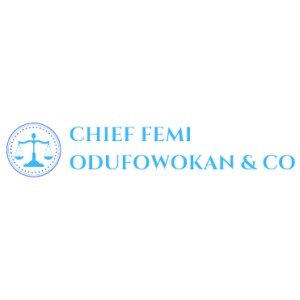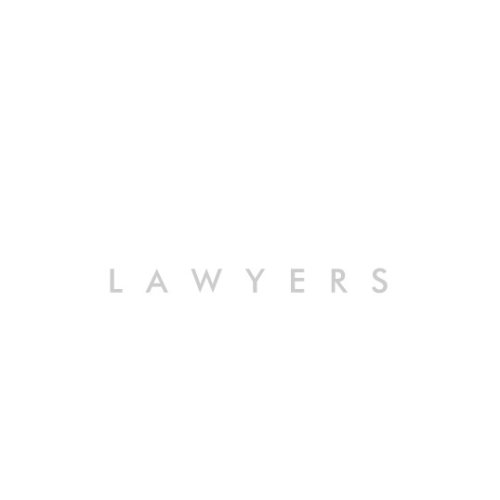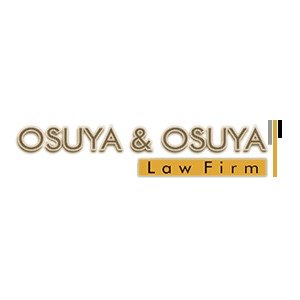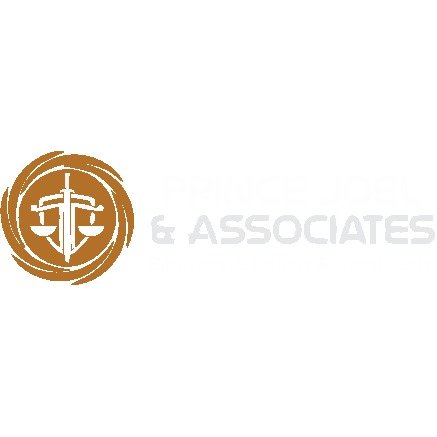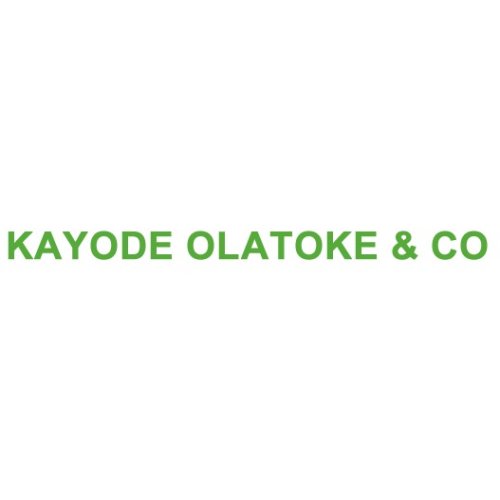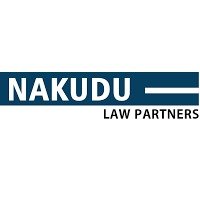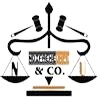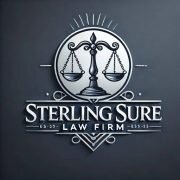About Bad Faith Insurance Law in Nigeria
Bad Faith Insurance in Nigeria refers to situations where an insurance company fails to uphold its contractual obligations or acts dishonestly regarding claims processing and settlement. This can involve the insurer deliberately denying a legitimate claim, delaying payment, or otherwise not acting in accordance with the reasonable expectations of the policyholder. Insurance agreements in Nigeria are primarily governed by the Insurance Act 2003 and relevant provisions within the Contracts Law. While the term "bad faith" may not be explicitly detailed within Nigerian statutes, actions that undermine consumer rights in the insurance sector align with what is commonly understood as bad faith practices.
Why You May Need a Lawyer
There are several situations where a policyholder might require legal help regarding Bad Faith Insurance in Nigeria:
- If your insurance claim has been unfairly denied without valid reasons.
- In cases where there is undue delay in claims processing and payment.
- When fraudulent activities or misrepresentations by the insurer are suspected.
- If the terms and conditions of the insurance policy are not honored as originally agreed upon.
- In situations where a thorough understanding of complex insurance policies and related laws is necessary to navigate claim disputes.
Legal assistance can help to ensure that your rights as a policyholder are protected and can assist in securing fair compensation for your claims under Nigerian law.
Local Laws Overview
In Nigeria, the regulatory framework surrounding insurance is set out primarily in the Insurance Act 2003. Here are some key aspects relevant to Bad Faith Insurance:
- Contractual Obligations: Insurers are required to adhere to the terms set forth in insurance contracts, offering the coverage agreed to without unauthorized alterations.
- Claims Handling: Insurers are expected to process claims efficiently and transparently, providing justifications for any denials or modifications.
- Consumer Protection: The National Insurance Commission (NAICOM) serves as the regulatory body to promote and ensure insurers uphold fair practices and consumer interests in the insurance sector.
- Legal Recourse: The laws provide mechanisms for policyholders to seek redress through complaints to NAICOM or legal proceedings if they experience unfair treatment.
Understanding these aspects is vital for insurance consumers to be well-informed of their rights and the obligations of insurers under Nigerian law.
Frequently Asked Questions
What does "bad faith" mean concerning insurance claims?
Bad faith in insurance refers to an insurer's unethical behavior or failure to fulfill its contractual obligations, often resulting in unjust claim denial or delays.
Are there specific laws in Nigeria addressing bad faith by insurers?
While Nigerian law does not explicitly use the term "bad faith," relevant provisions in the Insurance Act 2003 and consumer protection laws address practices that would be considered bad faith.
How can I tell if my claim has been denied in bad faith?
Signs include lacking valid explanation for denial, significant delays without justification, or altering policy terms after claims have been made.
What should I do if I suspect my insurer is acting in bad faith?
Consider seeking legal counsel, file a complaint with NAICOM, and gather all relevant documentation and correspondence with your insurer.
Can I file a lawsuit against my insurance company for bad faith?
Yes, policyholders can pursue legal action against insurers suspected of bad faith practices, often starting with a formal complaint followed by legal proceedings if necessary.
How long do I have to file a lawsuit for bad faith insurance in Nigeria?
Typically, the statute of limitations for filing such claims aligns with contract law provisions, often being six years from the date of the grievance.
Will hiring a lawyer speed up the claims process?
Hiring a lawyer can ensure that your case is thoroughly presented, potentially accelerating resolution through proper legal channels and negotiation with insurers.
What role does NAICOM play in bad faith insurance issues?
NAICOM is the regulatory body that oversees insurers ensuring that they comply with statutory obligations and addressing consumer grievances in the industry.
Can I still claim if my policy has lapsed?
Generally, claims may not be honored if a policy has lapsed, but legal advice can potentially identify exceptions or errors in policy administration.
Is mediation an option for resolving bad faith disputes?
Mediation can be a cost-effective alternative to litigation, allowing both parties to negotiate an agreeable resolution facilitated by a neutral third party.
Additional Resources
Several resources can provide additional guidance and assistance:
- National Insurance Commission (NAICOM): Serves as the regulatory authority for insurance practices in Nigeria.
- Consumer Protection Council (CPC): Offers protection for consumer rights and assists in resolving disputes between consumers and service providers, including insurers.
- Legal Aid Council of Nigeria: Provides legal aid and advice, which can be particularly useful for individuals unable to afford private legal services.
- Nigerian Bar Association (NBA): Offers directories of qualified lawyers who specialize in insurance law and related disputes.
Next Steps
If you need legal assistance with a bad faith insurance issue, consider the following steps:
- Gather all documentation related to your insurance policy and claim, including communication records, policy documents, and claim submissions.
- Consult with a lawyer who specializes in insurance law to review your case and provide tailored legal advice.
- If possible, file a formal complaint with NAICOM to alert regulators about the issue.
- Discuss with your lawyer the potential avenues for seeking relief, whether through negotiation, mediation, or litigation.
- Stay informed and involved throughout the legal process to ensure your interests are represented accurately and effectively.
By taking these informed steps, you can better protect your rights and interests when dealing with potential bad faith insurance practices in Nigeria.
Lawzana helps you find the best lawyers and law firms in Nigeria through a curated and pre-screened list of qualified legal professionals. Our platform offers rankings and detailed profiles of attorneys and law firms, allowing you to compare based on practice areas, including Bad Faith Insurance, experience, and client feedback.
Each profile includes a description of the firm's areas of practice, client reviews, team members and partners, year of establishment, spoken languages, office locations, contact information, social media presence, and any published articles or resources. Most firms on our platform speak English and are experienced in both local and international legal matters.
Get a quote from top-rated law firms in Nigeria — quickly, securely, and without unnecessary hassle.
Disclaimer:
The information provided on this page is for general informational purposes only and does not constitute legal advice. While we strive to ensure the accuracy and relevance of the content, legal information may change over time, and interpretations of the law can vary. You should always consult with a qualified legal professional for advice specific to your situation.
We disclaim all liability for actions taken or not taken based on the content of this page. If you believe any information is incorrect or outdated, please contact us, and we will review and update it where appropriate.





